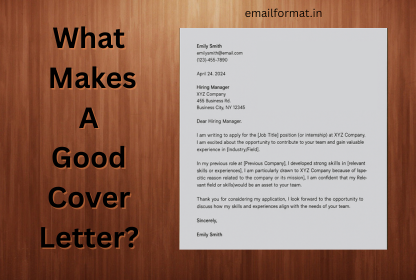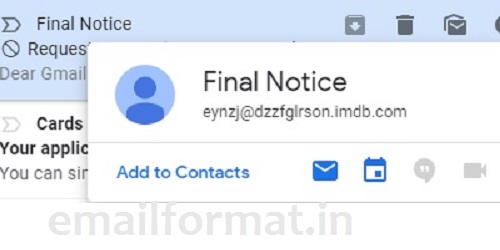Tailored Content for Each Job
A good cover letter is never one-size-fits-all. Tailoring your content to each job application demonstrates genuine interest and effort. Mention the specific role you’re applying for and reference details about the company that excite you. Explain how your background, skills, and experience match the job description. Customization shows that you’ve researched the company and understand their needs, helping you stand out from candidates who submit generic letters. Avoid copy-pasting from previous applications—each cover letter should feel fresh and relevant, directly addressing how you’ll bring value to the particular organization and position.
Clear and Professional Structure
A strong cover letter follows a logical and professional structure. Begin with a personalized greeting and a compelling opening paragraph that grabs attention. The body should highlight your most relevant qualifications and achievements, providing context to what's mentioned in your resume. End with a confident closing statement and a call to action. Use professional formatting: left-aligned text, standard fonts (like Arial or Times New Roman), and appropriate spacing. Keep your tone polite yet assertive. A neatly organized and easy-to-read letter makes a positive impression before the reader even starts evaluating the content.
Demonstrated Value and Results
Rather than simply listing duties or responsibilities, a good cover letter emphasizes the results you’ve achieved. Use metrics, if available, to quantify your success—for example, “increased lead conversions by 30%” or “cut costs by $10,000 annually.” Demonstrating real impact shows your potential value to the company. Focus on accomplishments most relevant to the position and explain how you achieved them. If you’re early in your career, highlight academic achievements, internships, or transferable skills. The goal is to convey how your contributions in past roles can translate to success in the job you’re seeking now.
Authentic Tone and Personal Voice
A good cover letter reflects your authentic voice—professional but personable. Avoid overly robotic or clichéd language like “I am a highly motivated team player.” Instead, write in a conversational, confident tone that still respects professional norms. Be honest about your motivations and career interests. Let your personality come through in a natural way, especially when describing what excites you about the company or role. Recruiters often receive hundreds of applications, and a letter that feels genuine and human can leave a memorable impression, making them more likely to follow up for an interview.
Conclusion
A good cover letter is specific, well-structured, and authentic. It aligns your qualifications with the job’s needs, shares measurable results, and speaks directly to the company’s mission. Personalizing each letter, keeping the tone sincere, and presenting a polished format will boost your credibility. Most importantly, a great cover letter doesn’t just repeat your resume—it adds a narrative that makes hiring managers want to learn more. Investing time in crafting a thoughtful letter shows you’re serious about the opportunity and sets the stage for a successful application process.




